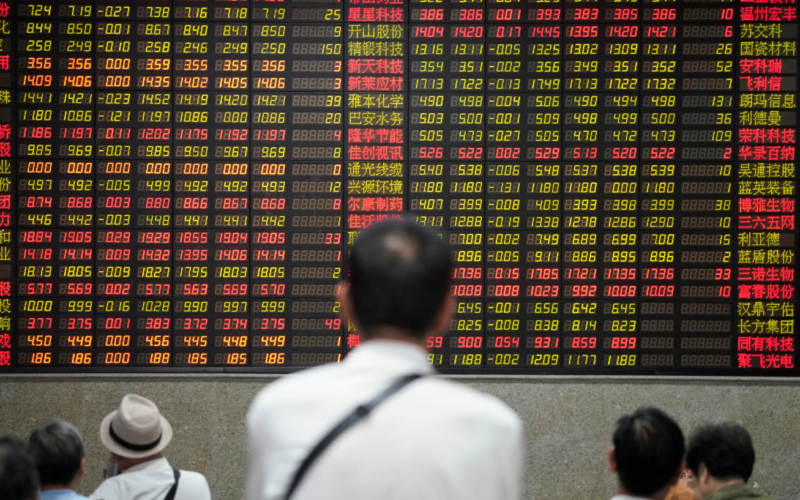China’s economic struggles have become a topic of international concern, and their repercussions are being closely watched by countries and markets worldwide. As the world’s second-largest economy, China’s economic performance has far-reaching implications that extend beyond its borders. In this article, we will explore the significance of China’s economic issues and the potential consequences for the global economy.
China has faced several economic challenges in recent years, and these challenges have raised questions about the stability and sustainability of its economic growth. China’s debt levels, both corporate and public, have surged to worrisome levels. The country’s debt-to-GDP ratio has raised concerns about its ability to service these obligations effectively. China’s economic growth has been decelerating, with GDP growth rates falling to levels not seen in decades. This slowdown has been attributed to various factors, including demographic shifts, reduced export demand, and structural challenges.Trade tensions with the United States and other countries have strained China’s export-dependent economy. Tariffs and trade disputes have disrupted supply chains and affected China’s exports. The property market in China, which has been a significant driver of economic growth, faces potential risks, with rising property prices and concerns about housing bubbles. China has initiated regulatory crackdowns in various sectors, including technology, education, and real estate. These actions have added uncertainty to the business environment and affected investor sentiment.
The economic challenges faced by China have implications for the global economy. China plays a central role in global supply chains. Disruptions in China’s production and export activities can ripple through global industries, impacting businesses and consumers worldwide. China is a major consumer of commodities such as oil, metals, and agricultural products. A slowdown in China’s economic activity can lead to decreased demand for these commodities, affecting global prices. China’s debt issues and economic challenges can affect global financial markets. Investors worldwide are closely monitoring developments in China, as they can have a significant impact on asset prices. China’s economic challenges can influence its geopolitical relations with other countries. Trade disputes and economic tensions can spill over into political and diplomatic arenas. Businesses and investors around the world consider China’s economic stability when making investment decisions. Uncertainty about China’s economic future can influence capital flows.
China’s economic challenges are a matter of global significance. As China grapples with issues related to debt, economic growth, and regulatory changes, the world watches closely, understanding that the outcomes in China will reverberate across international markets, supply chains, and geopolitical relations. Navigating this complex landscape requires vigilance, adaptability, and cooperative efforts among nations to ensure stability and prosperity in the global economy.








